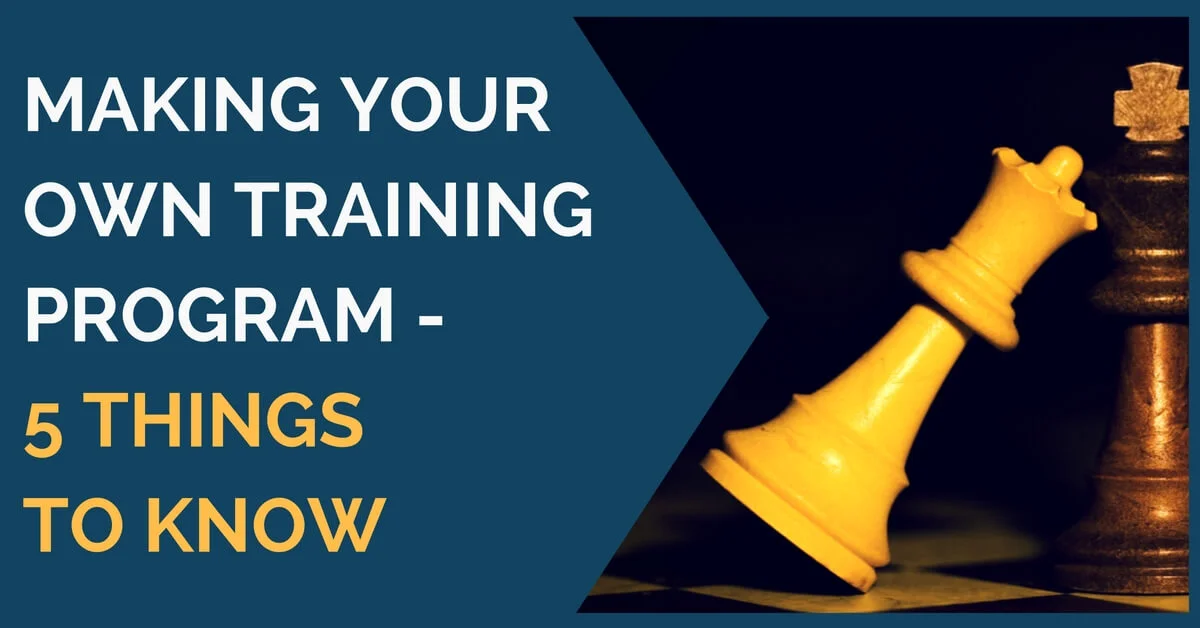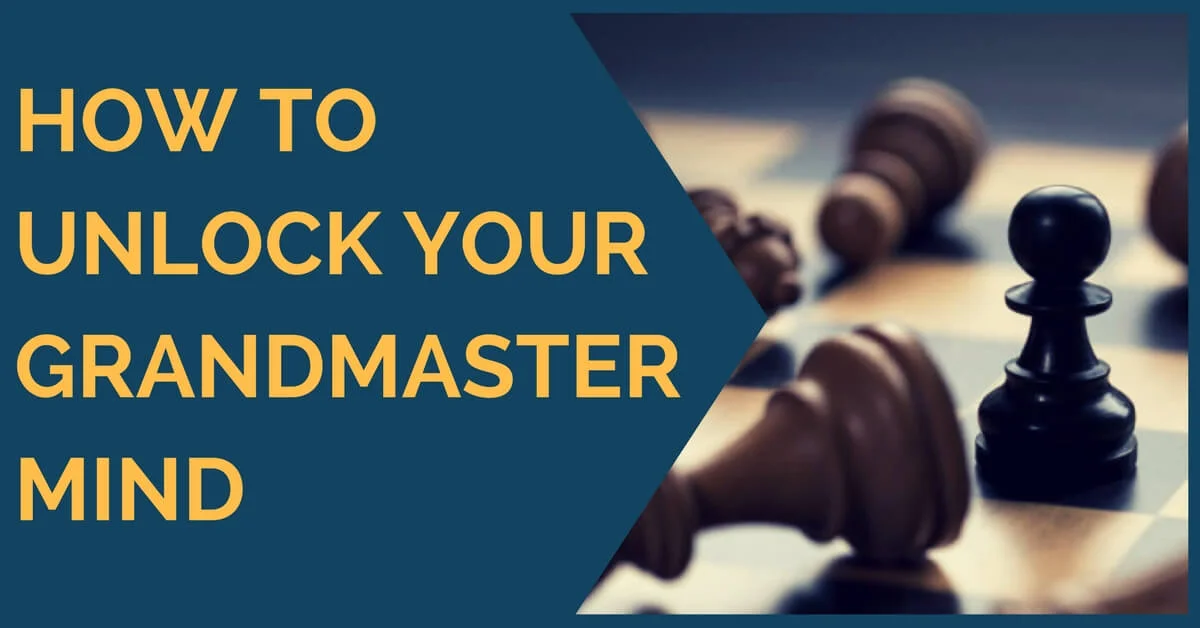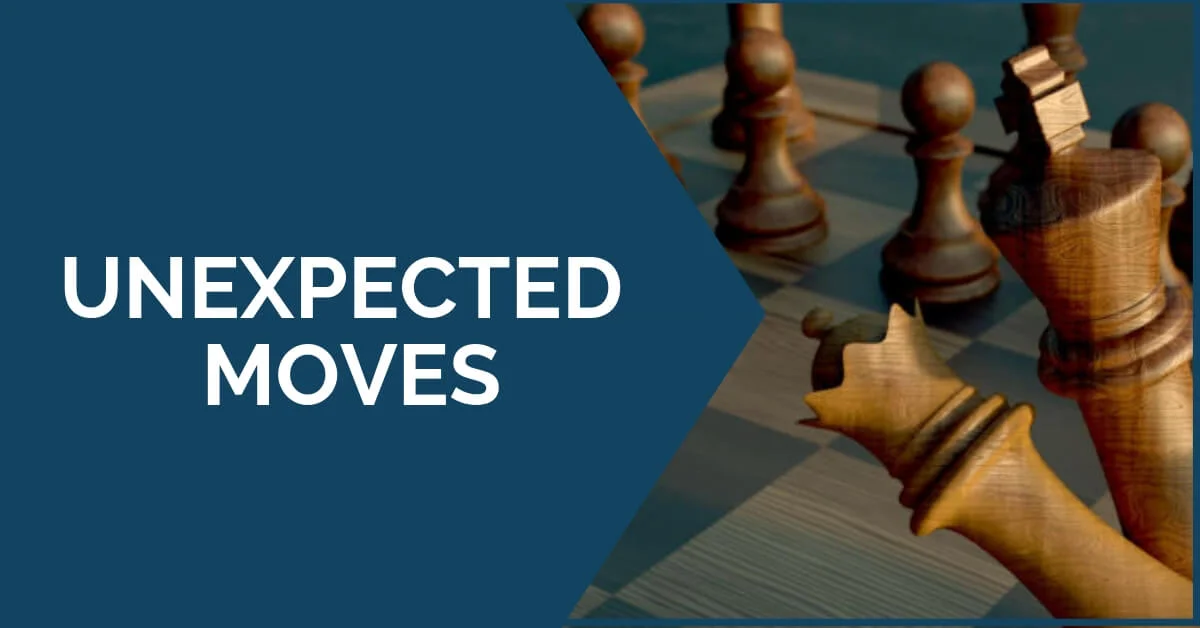5 Tips to Build Your Own Chess Training Program

There are several ways for chess players to find their own ways of maintaining or even improving their level to a higher degree.The most common ways of training used by semi-professionals to club players is basically going over the chess games played around the world in the strong tournaments, play a lot of blitz online, review the openings of interest using a chess program.
Now, this is okay for some maintenance, but in the long run, it won’t get you far. Chess is best trained by solving, by emulating the situations you will face at a chess tournament, so why not try this at home and prepare for the battle? In this article, we will give you 5 tips to build your own chess training program. We have written it for chess players who work alone, but if you have a training partner or a coach to support you that’s even better.
First of all, you need to set a realistic idea of your goal. Be realistic about the amount of time you can or would like to dedicate to chess. This is easy; you have your own schedule so you can decide the hours of study. In our opinion, it is better to do a little each day than a lot in only one day. That means that 40 minutes each day of chess training will probably be better than 4 hours only on Saturday and 6 the next day. Consistency is a key factor to improvement.
Once you have done this, it’s time to determine what exactly you want to improve. You may be weak in some areas and stronger in others, but in general it’s just better to have a balanced program and work all areas.
Now, here it is what you could do on a week by dedicating 1 hour each day, starting on Monday:
1. Tactics
Chess is 99% tactics they say.
This is an obvious exaggeration, but by improving your tactical vision you will become a better player. You’ll find yourself with more resources in difficult positions and you will not miss winning positions due to a poor calculation. We strongly recommend you give tactics a high importance in your everyday training. You could do a full hour of tactical exercises over the chess board (some people prefer doing it in the computer, it’s up to your preference).
2. Positional understanding
It is necessary to have a high education on positional chess, from assessing a position to exploiting positional advantages. This can be done by going through explained GM games or by analyzing with a stronger player or a coach.
If you’re going through commented games, you’ll not only be focusing on understanding middle game ideas but you’ll be learning openings as well. You can also solve exercises from a manual of positional chess exercises.
3. Back to Tactics
Arriving on Wednesday we suggest you repeating Monday’s training. There is no such thing as too much tactics.
Ready to start winning at chess?
Click here to start your training using the day-by-day program.
4. Analysis of your own games
A vital part of our training has to be to examine closely our own experiences at the chessboard. This analysis has to be exhaustive, and you should not only look at the crucial points of the game, but you must draw conclusions regarding the opening phase as well.
That means that by doing this you’ll be learning quite a bit, from opening to endgame.
5. Openings
You can dedicate the last day of training to reviewing openings and only that. Feel free to go through the theory written by yourself in the notes of your analyzed games or opening manuals. Learn the openings by heart.
This is an example of a workout chess program for people who don’t have much time to study chess, but doing this for a few months will increase your level drastically.
It would also be great to have some practice during the weekend. As you may have noted we haven’t put endgame training anywhere, but it could also be done. For example, instead of doing tactics twice a week, you can only do it once and substitute the second day with some endgame study.
We hope the organization presented above could be useful for you and we invite you to try it. Thank you for reading and feel free to share your thoughts with us in the comments!
If you want to improve your chess level, you need to have a clear study plan. If you aim for a dramatic improvement at chess you need to work on all of the elements of the game in a systematic way:
- tactics
- positional play
- attacking skills
- endgame technique
- classical games analysis
- psychological preparation
- and much more
That seems to be like a lot of things, and that is. But no worries, we have made it easy for you. Our comprehensive training course covers it all and much more. Sign up for 21 Day Training right now!
Photo Credit: jbelluch Flickr





![The Ultimate Chess Training Guide [Worksheets Enclosed]](https://thechessworld.com/wp-content/uploads/2017/07/4ultimate-chess-training.webp)




Comments: